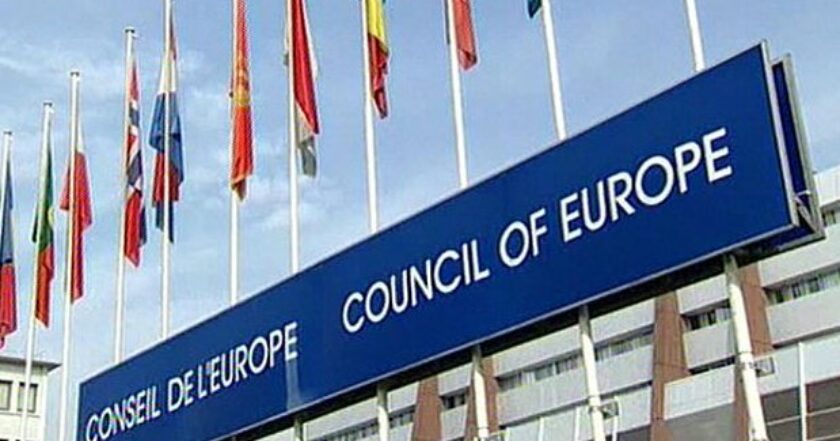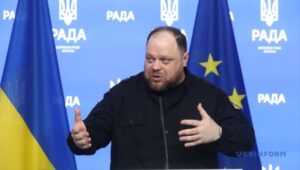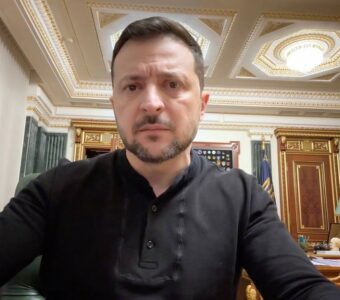Council of Europe presents russia tribunal options

The Secretary General of the Council of Europe, Marija Pejčinović Burić, proposed several options for creating a special tribunal to hold russia's leadership accountable, as well as the proper assistance of the Council of Europe.
Pejčinović Burić sent the proposal to the governments of the member states of the Council of Europe in an information document, where she proposed various options for special tribunals and outlined the need for a reliable legal framework.
In the proposal, she suggested creating a special tribunal by concluding a multilateral agreement between Ukraine and other interested states based on the precedents of the Nuremberg International Military Tribunal, the International Military Tribunal for the Far East, or the International Criminal Court.
Another option presented is a special tribunal under an agreement between Ukraine and an international organization, particularly the United Nations. The UN can legally create a special tribunal based on a UN Security Council resolution. However, it does not seem promising due to russia's likely use of the right of veto, the document adds.
The resolution adopted by the UN General Assembly will not be binding on any state. Therefore, Pejčinović Burić believes the UN, as such, cannot establish an international tribunal. Instead, the resolution of the UN General Assembly could propose to the UN Secretary-General to conclude an agreement between Ukraine and the UN to create an international tribunal to prosecute the crime of aggression against Ukraine. Such a bilateral treaty would be easier to conclude and could enter into force faster than a multilateral one.
Another option could be a hybrid tribunal based on Ukrainian law and approved or supported by the UNGA. Such a hybrid tribunal will most likely be linked to Ukraine's legal system with international components, as shown by a comparison of precedents, in particular, the Extraordinary Chambers in the Courts of Cambodia (ECCC), the Kosovo Specialist Chambers or the Extraordinary African Chambers (EAC).
The Secretary-General offers assistance from the Council of Europe, for example, in selecting and appointing judges, developing rules of evidence and procedure, providing expertise in the conduct of cases, and in the secondment of experts. The organization is also ready to support the "temporary prosecutor's office."
Any activity related to the special tribunal should be coordinated with the relevant existing mechanisms, particularly with the International Criminal Court, Pejčinović Burić believes.
The Council of Europe offers to play a leading role in establishing a registry to record and document evidence and claims of damages, losses, and injuries caused by russian aggression against Ukraine. The register is an integral part of current international initiatives to create a compensation mechanism for russian crimes.
The Secretary-General stresses that the Council of Europe has an excellent capacity to develop a register of such applications, particularly in light of the European Court of Human Rights practice and the process of monitoring its decisions. The organization already provides legal and policy advice, training investigative experts and specialists who work with victims of violence, especially women. These and other measures are included in the Action Plan of the Council of Europe for Ukraine for 2023-2026.
For background
Ukraine, with its allies and partners, has developed three models for establishing and operating a special tribunal regarding the crime of russian aggression.
At the end of January, representatives of 20 countries gathered in Prague for a group meeting on creating a special tribunal.
Ukraine's prosecutor general stated that russia has reportedly committed more than 65,000 war crimes in Ukraine.



















































